In 2018, sustainable cost control surpassed revenue growth as the number one priority for hospital and health system executives, forcing leaders to find a balance between managing the bottom line and providing quality patient care — a feat that is often challenging.
In 2018, sustainable cost control surpassed revenue growth as the number one priority for hospital and health system executives, forcing leaders to find a balance between managing the bottom line and providing quality patient care — a feat that is often challenging.
At the same time, the shift toward specialty pharmaceuticals creates additional challenges for hospital pharmacy leaders tasked with managing costs like drug spending.
By 2021, specialty drug spend — which has quickly outpaced traditional pharmaceutical spend — is expected to hit $285 billion, or more than 50 percent of total pharmaceutical costs.
Adding to the challenges, these specialty drugs often have unpredictable demand and carry a high price tag, leading many hospitals to stock lower volumes of these drugs. To better manage these products, many health systems are turning to a consignment-based model, which offers opportunities to improve patient care while driving efficiencies and reducing inventory carrying costs.
James Roof, director of consignment and technology programs for Cardinal Health Specialty Pharmaceutical Distribution, recently spoke with Becker’s Hospital Review about the benefits of a consignment model and explained the additional benefits of a cloud-based, RFID-enabled program.
more …
